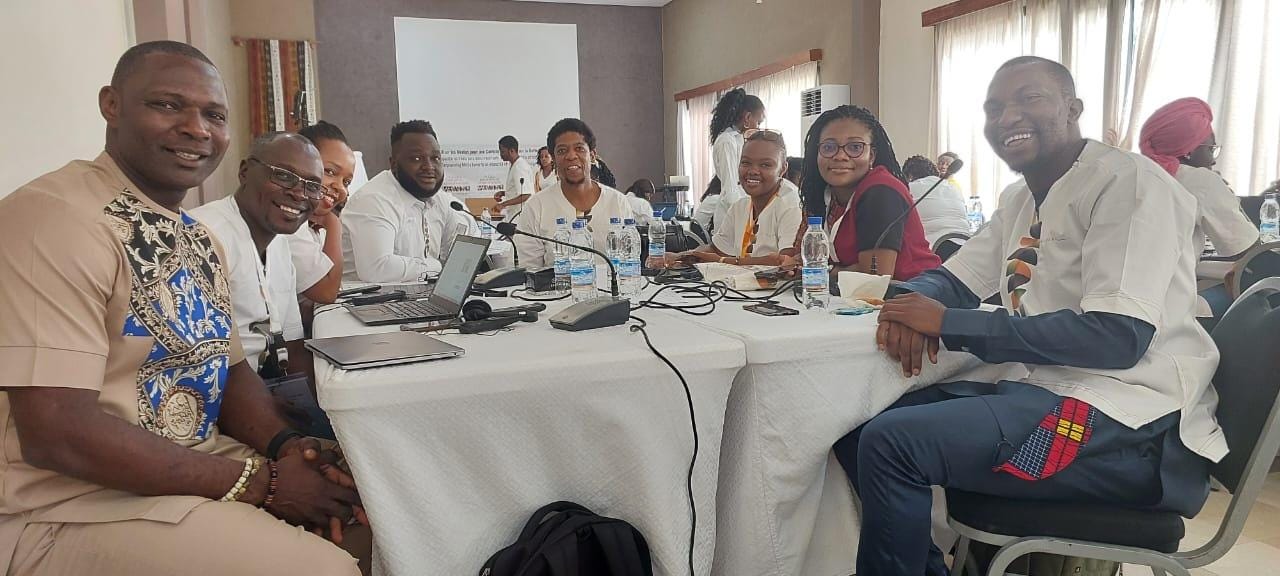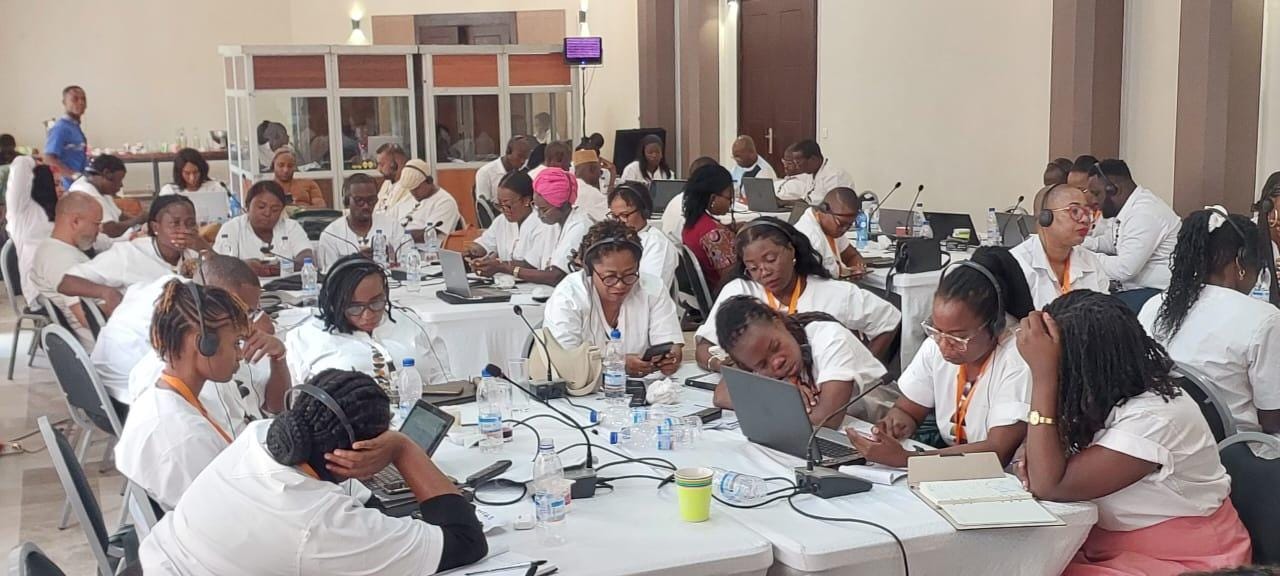AFRODAD Capacitates African Journalists On Debt Reporting

Abidjan, Côte d’Ivoire - Journalists specialized in finance and economic reporting alongside media and finance experts, convened in Abidjan, Côte d’Ivoire, as part of the AFRODAD Media Initiative. The objective was to address Africa's pressing debt crisis under the theme "Empowering Media Towards an Impactful African Debt Campaign."
Over the course of three days, over 40 journalists from various African nations participated in discussions led by several experts. Shem Joshua Otieno Policy Analyst and Advocacy Officer at AFRODAD emphasized the urgent need for African journalists to take a leading role in addressing the continent's debt crisis.
His session delved into Africa's current public debt scenario and proposed Pan-African-led solutions to the crisis. Among the focal points were the necessity to advocate for a reform of the global debt architecture and the role of African journalists in driving change, ensuring accountability and shaping the narrative.
"Africa’s current public debt situation demands our immediate attention. We need to demand a reform of the global debt architecture and empower journalists to be champions of change, holding institutions accountable and setting the agenda," Shem Joshua Otieno stated.
Critical analysis was directed towards existing debt relief initiatives such as the G20 Common Framework and the Heavily Indebted Poor Countries (HIPC) Initiative. Otieno questioned the effectiveness of these initiatives, remarking,
"All these are justified in the name of creating fiscal space, but is this really the transformative challenge afflicting our continent? Is it time for an alternative model and approach to achieve structural transformation?"
Regarding the Debt Relief initiatives, Otieno elucidated that while they were established to address debt beyond the Debt Service Suspension Initiative (DSSI), their implementation often involved lengthy negotiations and austerity measures.
"The negotiations take an average of two years, and austerity measures are usually part of the program. Some countries did not apply for the G20 for fear of being downgraded by rating agencies, especially countries that are tapping into international markets," he explained.
Dr. Lyla Latif, Co-Founder of the Committee on Fiscal Studies and Senior Legal Adviser to the Ministry of Information, Communications and the Digital Economy (Kenya), provided insights into the legal complexities surrounding debt contraction in Africa. Dr. Latif emphasized the importance of understanding structural and systemic causes.
“As journalists when you want to report debts you need to focus on the terms and conditions of the agreements You will not always get access to the agreements, except if you have a strong constitution – in Kenya for example for a loan it must be subject to public participation and citizens have a right to the information of the documents,” Dr Lyla Latiff said.
In her address, Fidélité Nshimiyimana, Campaigns & Communication Manager for AFRODAD, highlighted the organization's history since 2021, aiming to bring together journalists reporting on debt-related issues. Nshimiyimana stressed the adverse effects of increasing debt servicing on public services, advocating for a deeper understanding among journalists.
"Increase in debt servicing usually leads to austerity measures and that means a decrease in money going to public services like health and education," Nshimiyimana stated.
She introduced the Media Debt Toolkit (MDT), an initiative aimed at providing journalists with resources to navigate and report on debt-related matters effectively.
Fidélité highlighted AFRODAD's three key demands, emphasizing the importance of each:
“Firstly, we advocate for debt justice, aiming to rectify the imbalances and injustices inherent in current debt structures.
Secondly, we call for enhanced accountability and transparency. It is imperative that agreements are unambiguous, ensuring that borrowing nations are not unfairly portrayed as vulnerable. Transparency is essential to fostering trust and preventing exploitation.
Thirdly, AFRODAD champions the African Debt Campaign, urging all Africans to rally behind the cause. It is crucial for African nations to uphold the campaign's principles and unite against the forces that drive us into debt-induced poverty.”
Fidélité underscored AFRODAD's broader vision, asserting that Africa should transition from being a rule taker to a rule maker in debt-related matters.
“It is time for Africa to assert its presence at the table where debt issues are deliberated,” she said
Moreover, journalists representing 34 African countries issued a collective call to governments, urging them to ensure press freedom in reporting on debt-related issues. This call emphasizes the vital role of a free press in holding governments and financial institutions accountable and in fostering informed public discourse.
The event facilitated cross-border networking, collaboration and a site visit to various locations, enriching participants' understanding of the multifaceted nature of Africa's debt crisis. Through collaborative efforts and informed reporting, the media seeks to play a pivotal role in fostering transparency, accountability, and sustainable solutions to Africa's debt challenges.



